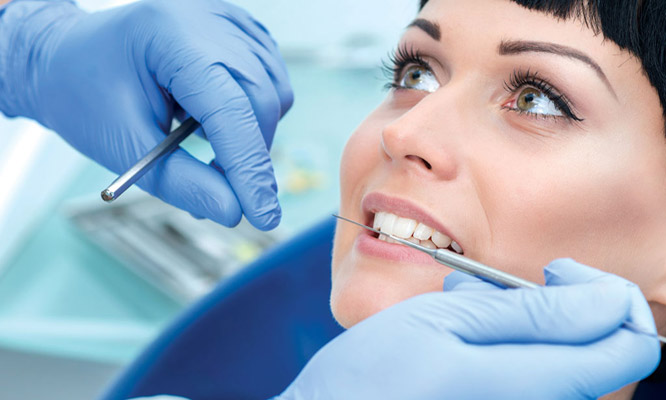Emergency Dentist

We offer emergency dental services in our Joondalup, Perth dental clinic.
If you are in need of an emergency dental treatments in Joondalup area, turn to Candlewood Dental Centre for quality and professional dental treatments. Whether you have a broken, cracked, or missing teeth, you can rely on us to provide quality dental services. Our emergency dentists provide urgent care for almost any dental emergency. At emergency appointments, our dentists will aim to minimise or stop the pain experienced by the patient. We have over 20 years of experience serving residents of Joondalup and the Perth metro area.
Our Services
Candlewood Dental Centre provides a full range of emergency dentistry treatments to those in urgent need of dental care in Joondalup and in Perth. As one of Joondalup’s reputable dental facility, we handle a wide array of emergency services. We help kids and adults experiencing severe dental pain, experiencing heavy bleeding soon after surgery, who might have accidentally knocked their teeth as well as those with a visible facial swelling due to a dental problem. We are open Monday to Saturday.
Our Staff
At Candlewood Dental Centre we are committed to providing our patients with quality service. We believe in quality and customer satisfaction. For that reason, we go to great lengths to bring back your smile. We take pride in providing friendly, comfortable and down-to-earth care for our esteemed patients. We strive to make every visit enjoyable. Coming to Candlewood Dental Centre will feel like coming home. We offer full disclosure of the charges and out-of-pocket investment before the treatment begins. You no longer need to put up with poor dental services!
Investment
Candlewood Dental Centre believes that everyone has the right to emergency dental care, irrespective of their financial status. We provide a wide array of flexible plans that fit your budget. Our treatment plans are also affordable. Each patient has unique needs, and therefore the investment of the treatment will depend on your condition. Sometimes the problem will not be clear-cut and you might find yourself dealing with a severe toothache, from a swollen tooth, for instance. If you think you are in need of an emergency dentistry treatments, call us first and we will get you in for an appointment quickly.
Candlewood Dental Centre is also HBF preferred provider to cater to your dental care. We respond quickly and use the latest dental technology and equipment to restore your smile.
Candlewood Dental Centre provides quality dental care. To find out more, book an appointment here or Call (08) 9404 9520
Ask about our Payment Plans
Any surgical or invasive procedure carries risks. Before proceeding, we encourage you to discuss these matters with an appropriately qualified health practitioner.


